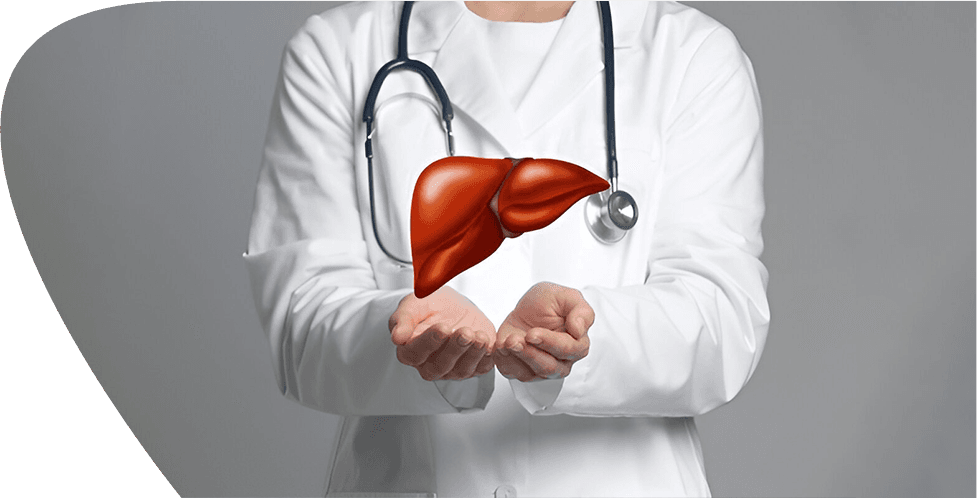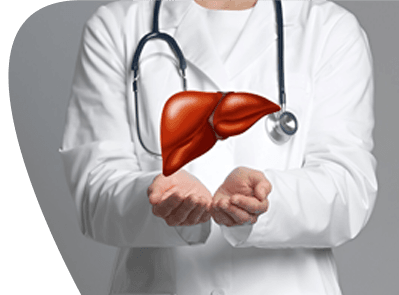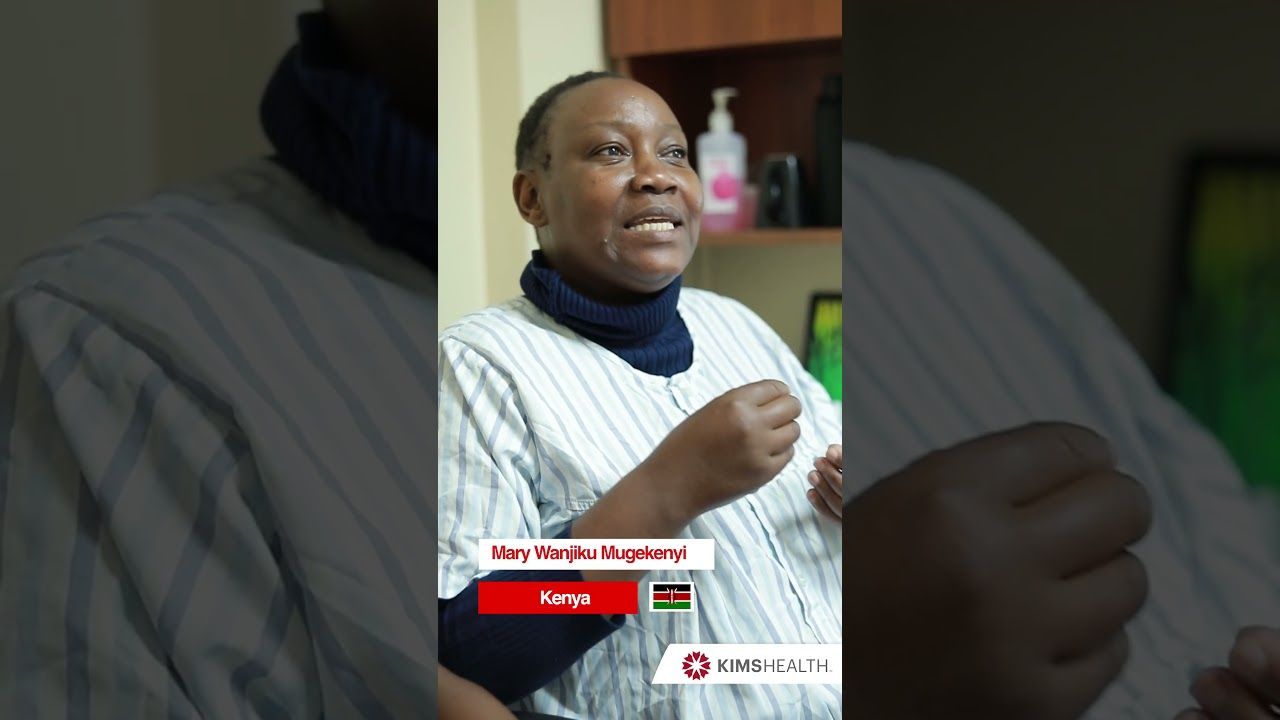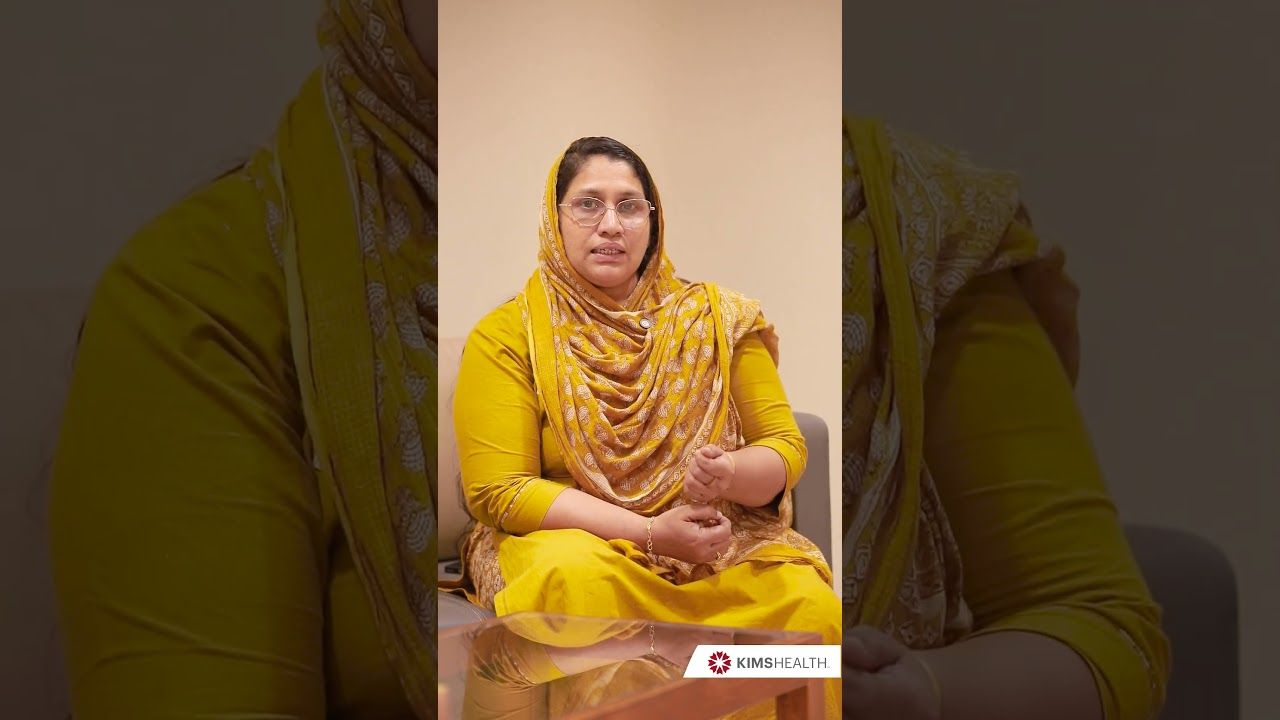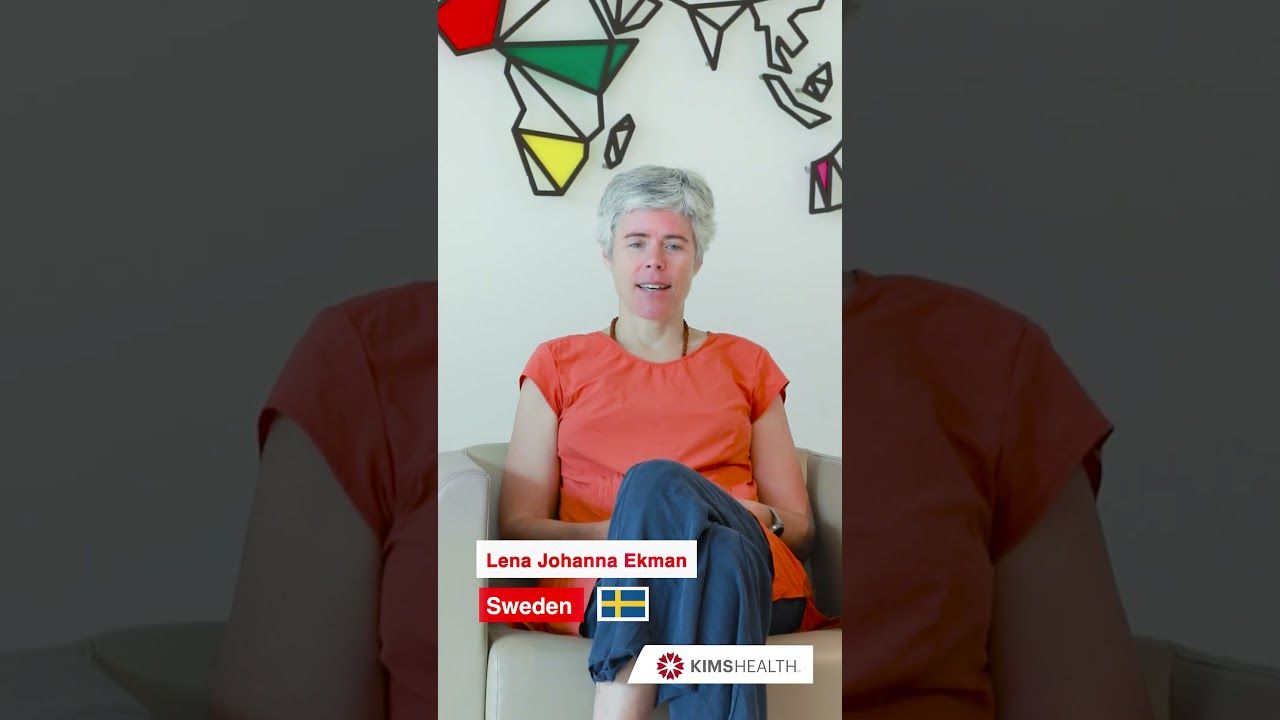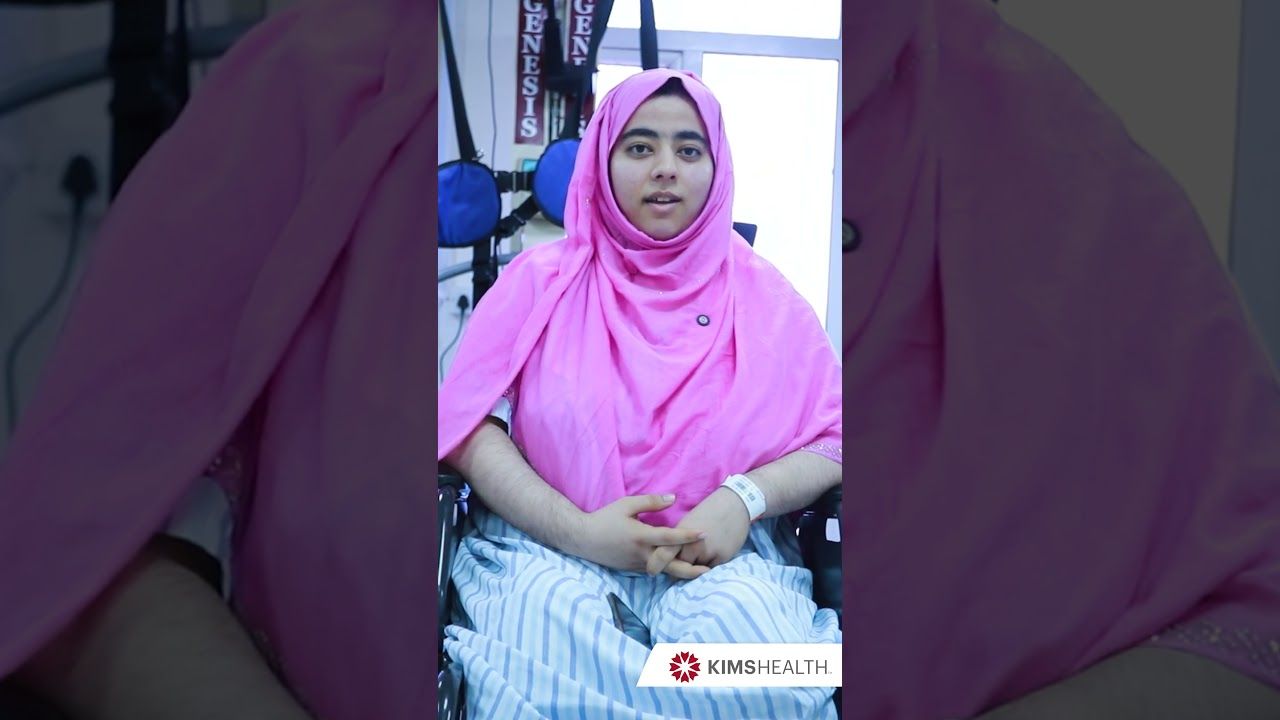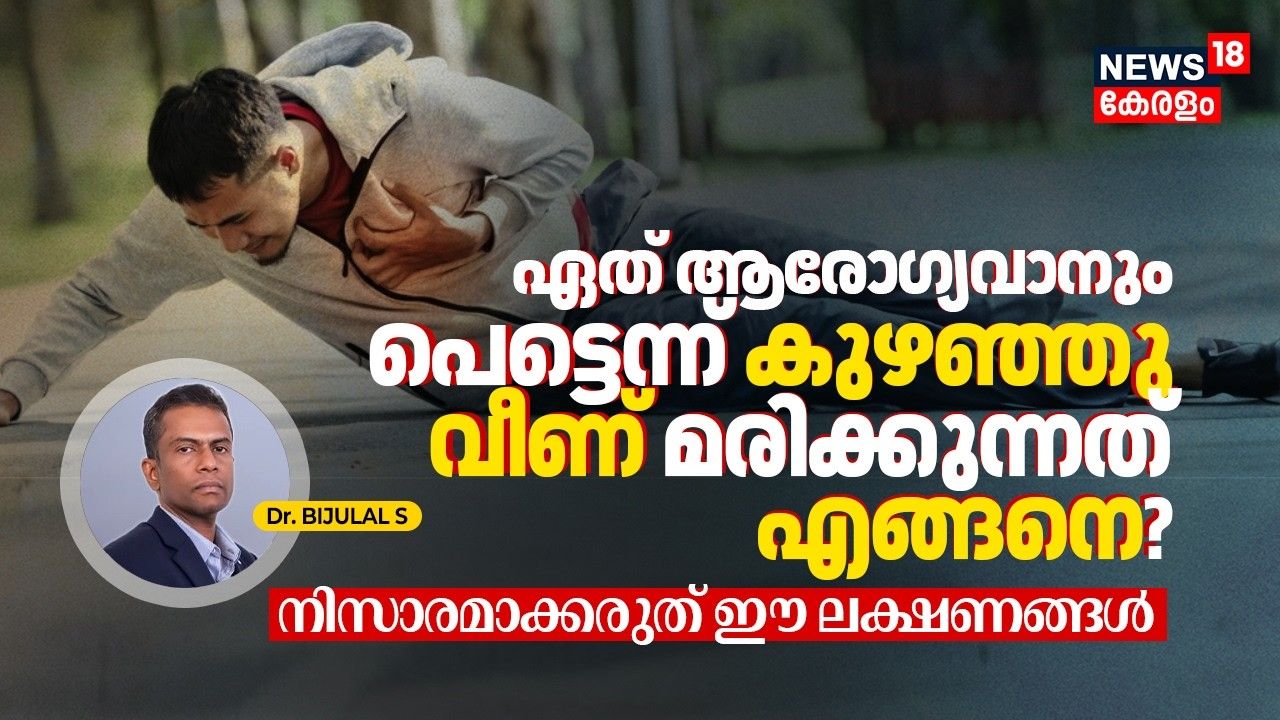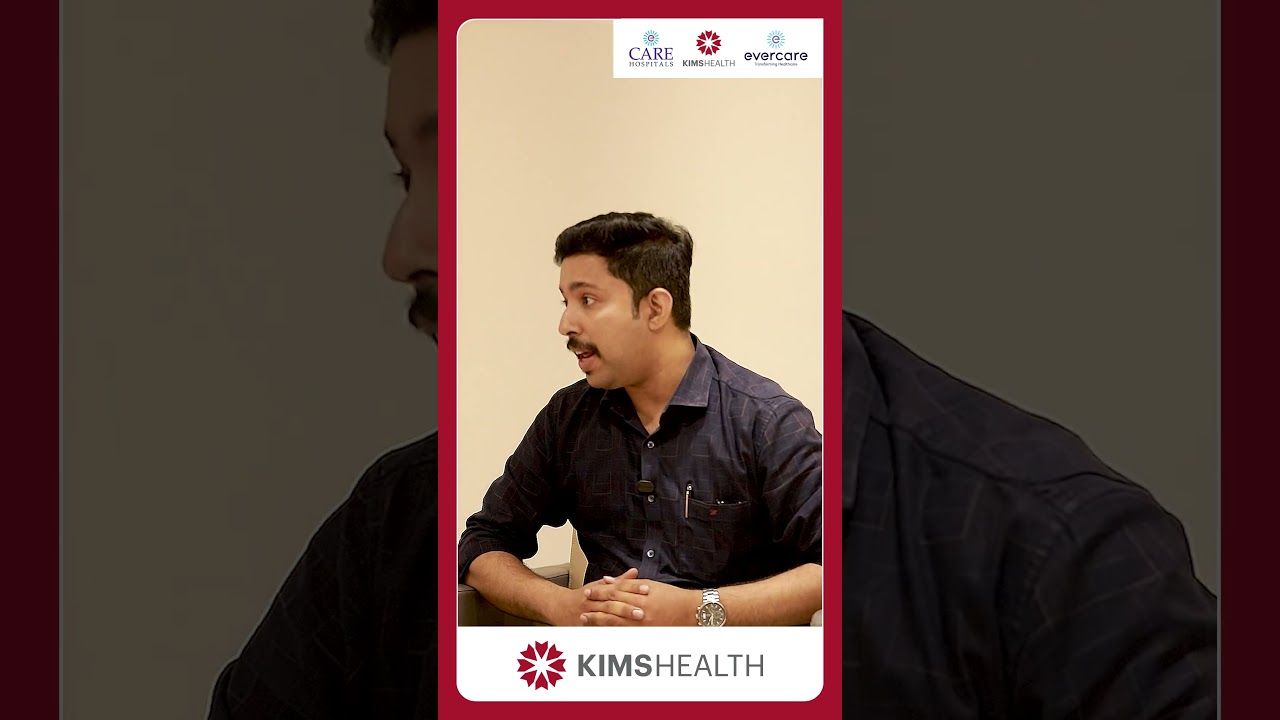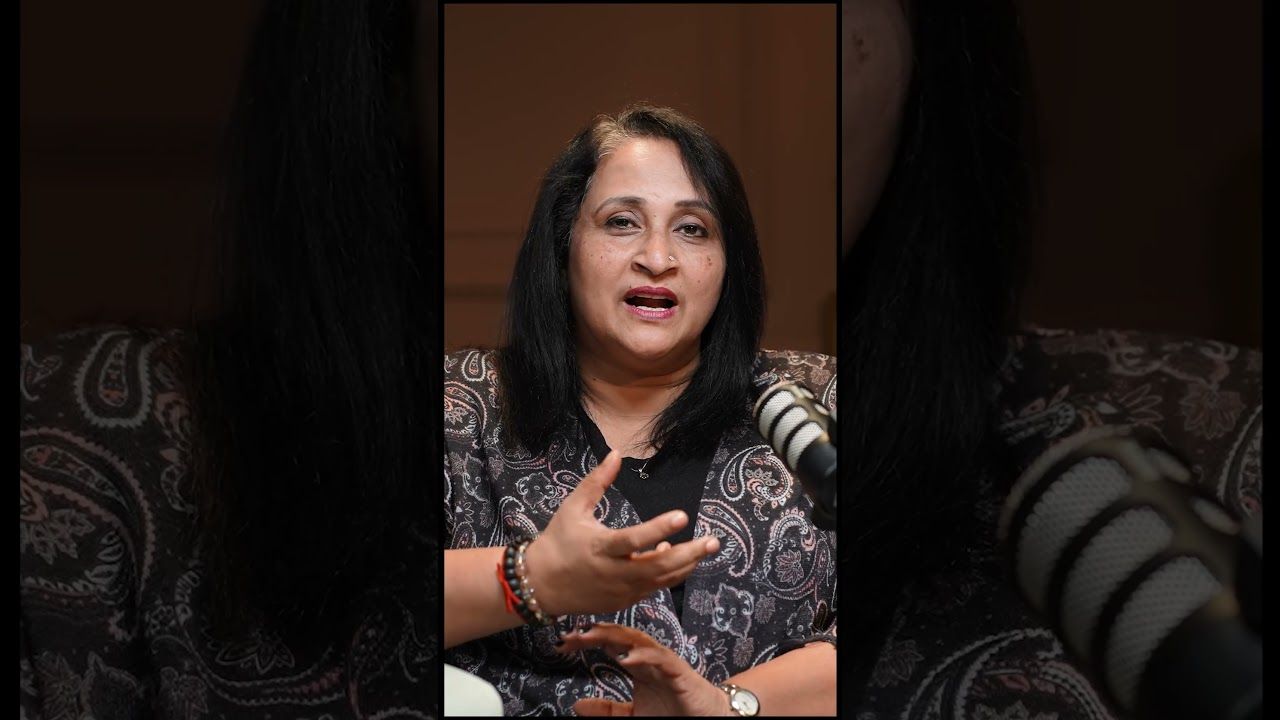Pediatric Gastroenterology, Hepatology and Liver Transplant
The Paediatric Gastroenterology and Hepatology Division at KIMSHEALTH Trivandrum focuses on diagnosing and managing digestive and liver problems in kids and teens. GI issues in children can differ from adult cases, both in how they show up and in the types of conditions they involve.
KIMSHEALTH in Trivandrum provides a full range of diagnostic and endoscopic procedures, along with liver transplants for children. The hospital uses advanced techniques and modern equipment. KIMSHEALTH's team works together across different specialities, including areas like paediatric medicine, surgery, radiology, and pathology.
Specialised Clinics and Care
The multispecialty clinics at KIMSHEALTH in Trivandrum support kids and teens focusing on their paediatric needs.
- Aerodigestive Clinic — Helps children dealing with complicated issues affecting their upper airway, lungs, or digestive system like sleep or feeding troubles
- Celiac Clinic — Offers updated techniques to diagnose and treat celiac disease in kids
- Eosinophilic Esophagitis Clinic — focuses on new ways to identify and treat eosinophilic esophagitis (EoE)
- Esophageal Clinic — treats main esophageal problems such as GERD, achalasia, and birth-related esophageal conditions
- Feeding Clinic — works with kids facing challenges with eating and feeding difficulties
- General GI Clinic — examines and helps kids with usual GI issues like vomiting, diarrhoea, or trouble gaining weight
- Inflammatory Bowel Disease Center for Children — offers up-to-date methods to diagnose and treat inflammatory bowel disease (IBD) in children
- Liver Clinic — handles liver problems related to metabolism, infections, or conditions present from birth
- Paediatric Short Bowel Rehabilitation Unit & Paediatric Small Bowel Transplant.
- Pancreas Transplantation
At KIMSHEALTH Trivandrum, children and teens can access several specialised services, including:
- An equipped endoscopy unit offering advanced diagnostic and treatment options like interventional endoscopy
- Help for paediatric doctors to manage common gastrointestinal issues like GERD and constipation
What We Treat At KIMSHEALTH, Trivandrum, our paediatric liver disease program cares for babies and kids dealing with all kinds of liver problems. As they grow older, we work with our adult liver transplant program to ensure their care continues into adulthood. Whether your child needs medicine or surgery, our team will provide them with the care they deserve no matter their condition.
What Conditions We Handle
- Conditions like metabolic liver disease include urea cycle defects, glycogen storage disorders, Wilson's disease, and issues with mitochondria.
- Jaundice or cholestasis in newborns
- Viral infections such as hepatitis B, hepatitis C, or EBV hepatitis.
- Acute liver failure
- Chronic Liver illnesses and persistent jaundice.
- Autoimmune-related liver conditions such as primary sclerosing cholangitis (PSC) & Auto Immune Hepatitis.
- Fatty liver problems MASLD.
- Genetic conditions like progressive familial intrahepatic cholestasis (PFIC), including Byler's disease.
- Blockages in bile ducts known as biliary atresia
- Inherited syndromes like Alagille syndrome
- Deficiency of Alpha-1 antitrypsin
- Liver scarring also known as cirrhosis
- Liver disease linked to cystic fibrosis.
- Damage caused by toxic drugs
- Unusual or high levels of liver enzymes.
- Tumours in the liver like hepatoblastoma or hepatocellular carcinoma
- Transplantation of the liver
A child might need a liver transplant for several reasons. Doctors recommend liver transplantation when the liver becomes so damaged that it can no longer support a child’s life. This may also be necessary when liver disease severely affects their quality of life, like when intractable itching becomes unbearable.
When liver disease reaches advanced stages, you might notice some or all of these signs:
- Skin and eyes turn yellow, which is called jaundice
- An urge to scratch known as itching or pruritus
- Feeling sick, throwing up, or not wanting to eat
- Trouble gaining a healthy weight
- Bleeding or bruising happening frequently
- A buildup of fluid in the belly called ascites
- Legs and feet swelling from fluid buildup
- Tiredness and feeling drained of energy
- Pale, clay-like poop
- Urine that looks dark like tea
- Confusion in thinking that might lead to a coma
- Throwing up blood or seeing blood in poop
Liver failure that cannot be reversed is not the only reason someone might need a liver transplant. Sometimes children become sick because their liver either produces a faulty protein or fails to create a necessary protein. This often happens in cases of metabolic disorders. Although liver function tests often show no issues in such cases, the health problems related to these disorders can damage a child's quality of life or even become life-threatening. Getting a liver transplant is the only way for certain children with these conditions to recover and have a longer life.
Kinds of Liver Transplants
Getting a donor liver that matches the right size is key to helping children recover well after a liver transplant. Finding a deceased donor with the right-sized liver for kids can be tough. To give your child a better chance to get a transplant before their health worsens, doctors sometimes use partial livers also known as modified liver grafts. Depending on your child's requirements, we offer these types of liver transplants:
Living donor liver transplantation: Healthy adults aged 18 to 60 donate a part of their liver. KIMSHEALTH Trivandrum runs a developed program for Living Donor Transplantation.
Split liver transplantation: Doctors divide a liver from a deceased donor into two parts to save two patients at once.
Reduced-size liver transplantation: Surgeons reduce the size of a deceased donor's liver to fit the needs of a young child undergoing transplantation.
Deceased donor transplantation: A liver from a deceased donor matched by size is transplanted without any surgical changes to the donor liver.
Is Your Newborn’s Stool Colour Telling You Something Important?
In the first few days after birth, a baby’s stool is black (meconium), gradually turning yellow by day 5.
Patient Testimonials
Stroke Treatment Success Story | Patient from Kenya | KIMSHEALTH
Watch this testimonial from Nicholas Njoroge Kirumba from Kenya, who brought his...
Dr. Nitha J
Physical Medicine & Rehabilitation
Heart issues complicated by kidney problems
In this video, Mrs. Sabida Santhosh shares the inspiring recovery journey of her...
"I Feel My Life Was Saved" | Swedish Patient's Emergency Surgery at KIMSHEALTH
"I Feel My Life Was Saved" | Swedish Patient's Emergency Surgery at KIMSHEALTH
Dr. Shafy Ali Khan
General & Minimally Invasive Surgery

